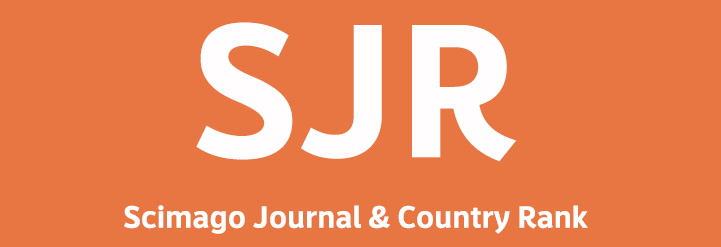EFFECT OF TEMPERATURE ON RUMEN MICROBES ACTIVITY TO PRODUCE METHANE FROM COAL
DOI:
https://doi.org/10.29017/SCOG.37.3.636Keywords:
methane biogas, biomethane, rumen Àuid, temperature effect, microbe, biostimulationAbstract
This paper is intended to show the effect of temperature on utilization microbes of rumen Àuid to produce methane from coal (lignite, sub-bituminous and bituminous). By considering to field applications, where the CBM reservoir temperature is higher than the microbes natural living conditions in the cow's body, the experiment is carried out at a temperature of 30ºC and 50ºC with an incubation period time of 105 days. Laboratory scale study was conducted by mixing the coal, formation water and rumen Àuid (1: 1: 1). This mixture were inserted into a closed chamber equipped with a hose to measuring the volume of gas produced. The experiment results showed that the microbes of the rumen Àuid can grow on different type of coal and temperatures. The volume of gas production increased during the incubation time for all treatments. Obtained the highest methane production occurs at a temperature treatment of 50ºC for the sub-bituminous coal with a volume of 0.627liters/kg (22.14 cf/ton) from the total volume of gas produced as much as 7.25liters/kg (256 cf/ton).
Downloads
Published
Issue
Section
License
Copyright (c) 2022 SCIENTIFIC CONTRIBUTIONS OIL AND GAS (SCOG)

This work is licensed under a Creative Commons Attribution 4.0 International License.
Authors are free to Share — copy and redistribute the material in any medium or format for any purpose, even commercially Adapt — remix, transform, and build upon the material for any purpose, even commercially.
The licensor cannot revoke these freedoms as long as you follow the license terms, under the following terms Attribution — You must give appropriate credit , provide a link to the license, and indicate if changes were made . You may do so in any reasonable manner, but not in any way that suggests the licensor endorses you or your use.
No additional restrictions — You may not apply legal terms or technological measures that legally restrict others from doing anything the license permits.














